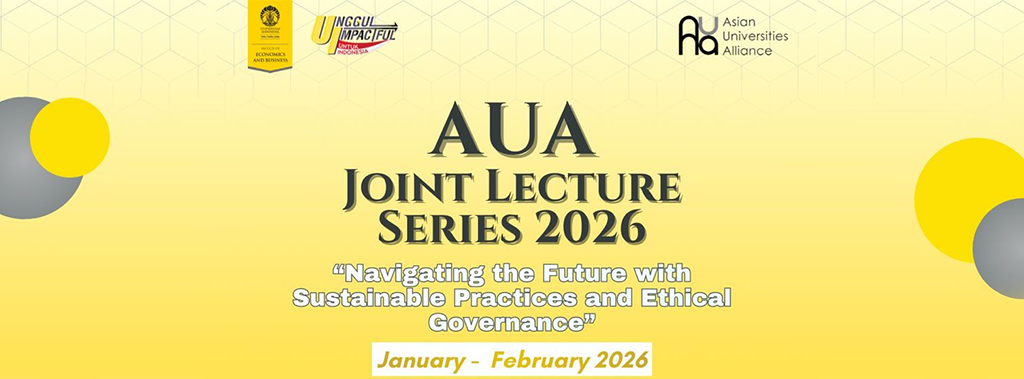Theme: Malaysia Towards Achieving Sustainable Development Goal 7
Professor: Associate Professor Dr. Jeyraj Selvaraj, Deputy Director, UM Power Energy Dedicated Advanced Centre (UMPEDAC), Universiti Malaya
Date: 20 October 2022 (Thursday)
Time: 18:00-19:30 (UTC+8)
Main points:
1. Renewable energy scenario in ASEAN countries
2. Malaysia's role in sustainable development
3. Strategic pillars
Summary:
In the beginning, Dr. Jeyraj Selvaraj explained several concepts of climate action including the Intergovernmental Panel on Climate Change (IPCC), five tips to limit the impact on the environment, and Sustainable Development Goals (SDGs). He later discussed the renewable energy scenario in ASEAN countries and their demographic status. Prof. Selvaraj also compared the historical and current status of the energy and power sector. He pivoted to discuss opportunities for the energy transition in ASEAN, such as abundant renewable energy resources. He anticipated ASEAN's power exchange potential by 2035 and renewable energy trends in Southeast Asia. Dr. Jeyraj Selvaraj pointed out that in ASEAN renewable share targets vary from country to country and thus, it is important to have the ASEAN Plan of action for energy cooperation.
The second part of the lecture focuses on Malaysia's plan towards achieving Sustainable Development Goal 7. Dr. Jeyraj Selvaraj showed Malaysia's renewable energy landscape, commitment, and pledge in this field. Since energy is the highest contributor of greenhouse gas (GHG) emissions accounting for 35%, renewable energy is the most potential sector to reduce GHG emissions. Giant companies in Malaysia have made commitments to do that. Prof. Selvaraj later shared data on energy input in Malaysian power stations and historical electricity consumption. He elaborated on the renewable energy potential in Malaysia and proposed three guiding principles for reliable green power: environmental targets and policies; system security; affordability and economic benefit. The core goal is to deliver reliable green power to all. Additionally, he showed Malaysia’s RE resource potential using the map of Malaysia.
Lastly, Dr. Jeyraj Selvaraj introduced the concept of strategic pillars. The first strategic pillar is solar. He noted that it is vital to encourage and increase the participation of government agencies in solar rooftop programmes. The second pillar is bioenergy. Clustering bioenergy power is worth exploring and feasibility studies should be conducted on bio-CNG power generation as well as biomass co-firing in coal-fired power plants. The third pillar is hydro. Dr. Selvaraj stressed that it is crucial to conduct hydro-geological studies to identify new high-potential sites for small hydro development. Following this, he added a fourth strategic pillar: new technology and solutions. Finally, Prof. Selvaraj mentioned key challenges by industry including solar PV, biogas and biomass, small and large hydro, etc. Dr. Selvaraj ended his lecture with a forecast about renewable energy's positive impact on jobs and investment in Malaysia.
(The summary is written by student assistant Li Xinyue.)
*The views and opinions expressed in this lecture series are those of the guest lecturers. They do not purport to reflect the opinions or views of the AUA or its members or its Secretariat.

